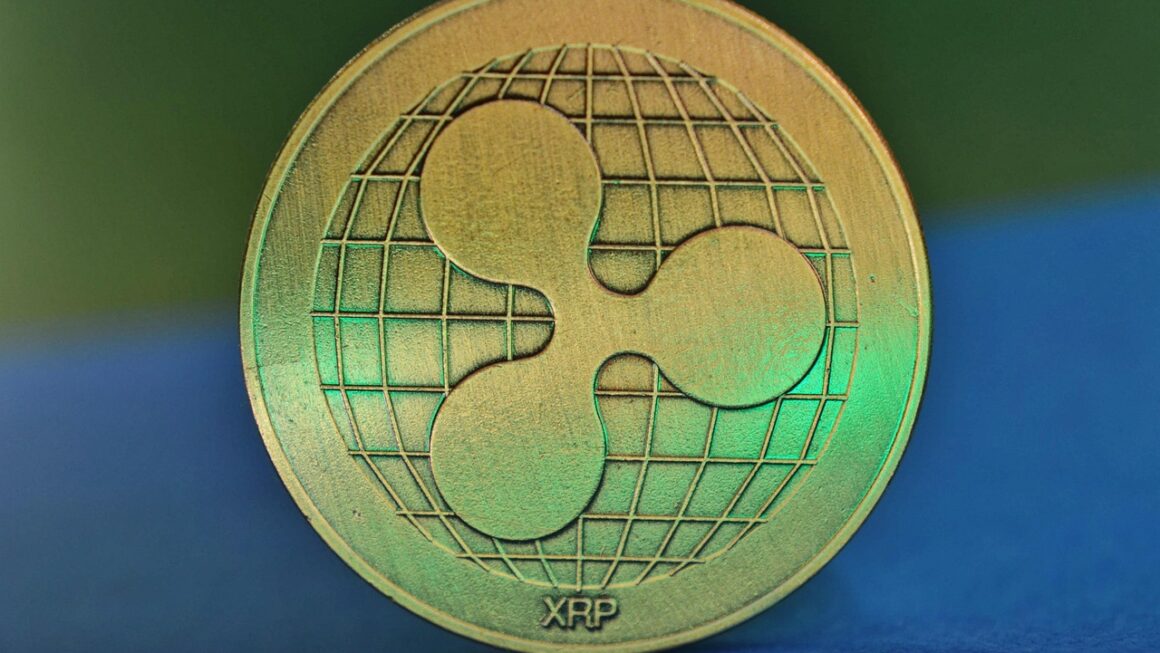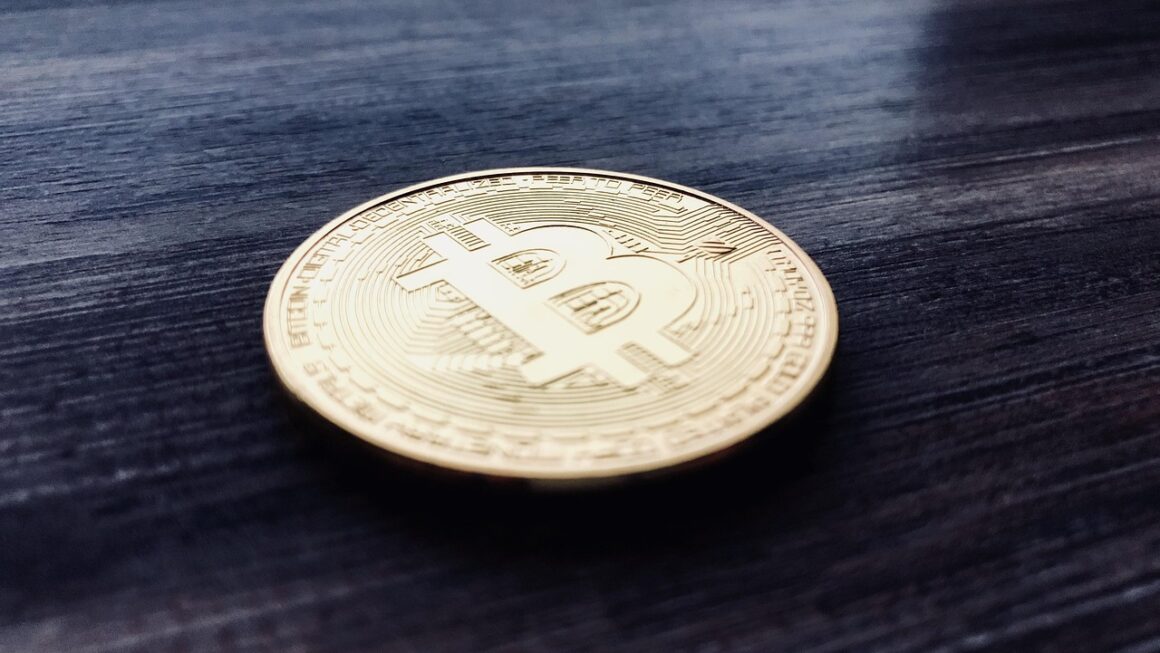Imagine a world where agreements are automatically enforced, cutting out intermediaries and ensuring transparency. This isn’t a futuristic fantasy; it’s the reality enabled by smart contracts, revolutionary pieces of code reshaping industries from finance to supply chain management. Dive in to explore how these self-executing contracts are transforming the digital landscape and impacting our everyday lives.
What are Smart Contracts?
Definition and Core Concepts
At its core, a smart contract is a self-executing contract written in code and stored on a blockchain. It’s an agreement where the terms are directly written into lines of code. When predetermined conditions are met, the contract automatically executes, without the need for intermediaries like lawyers or notaries. Think of it as a vending machine: you insert money (meet the condition), and the machine dispenses your chosen product (executes the action).
- They are immutable, meaning once deployed, they cannot be altered. This ensures trust and transparency.
- They are decentralized, residing on a blockchain, which is distributed across many computers, making them resistant to censorship and single points of failure.
- They are deterministic, meaning the outcome of a smart contract is predictable based on the input.
Key Characteristics
- Transparency: All contract terms and execution history are visible on the blockchain for anyone to verify.
- Autonomy: Once deployed, the contract executes independently, reducing the need for manual intervention.
- Trustlessness: Parties can transact with each other without needing to trust each other, as the contract code enforces the agreement.
- Efficiency: Automated execution streamlines processes, reducing delays and costs.
- Security: Blockchain’s cryptographic security features protect against tampering and unauthorized access.
Smart Contract Platforms
While the idea of smart contracts dates back to 1994, their widespread adoption became possible with the emergence of blockchain technology. Ethereum is currently the most popular platform for developing and deploying smart contracts, leveraging its Solidity programming language and EVM (Ethereum Virtual Machine). However, other blockchains are also gaining traction, including:
- Cardano: Focuses on secure and scalable smart contracts using the Plutus language.
- Solana: Known for its high transaction speeds and low fees, using Rust for smart contract development.
- Polkadot: Enables interoperability between different blockchains, supporting smart contracts written in various languages.
- EOS: Another high-performance blockchain offering smart contract capabilities.
Benefits of Using Smart Contracts
Enhanced Security and Trust
One of the most significant advantages of smart contracts is the enhanced security they provide. Since the code is immutable and resides on a decentralized blockchain, it’s virtually impossible for any single party to tamper with the agreement. This fosters trust between parties who may not know each other.
- Reduced risk of fraud and manipulation.
- Elimination of the need for trusted intermediaries.
- Increased transparency in transactions.
Increased Efficiency and Cost Reduction
Smart contracts automate many processes that are traditionally handled manually. This leads to significant efficiency gains and cost savings. Consider the real estate industry, where smart contracts can automate the transfer of property titles and escrow processes.
- Faster transaction processing.
- Reduced administrative overhead.
- Lower transaction fees compared to traditional methods.
- Minimization of human error.
Improved Transparency and Auditability
The transparency afforded by smart contracts is unparalleled. Every transaction is recorded on the blockchain, providing a clear and auditable trail. This is particularly valuable in supply chain management, where it can track goods from origin to delivery, ensuring authenticity and preventing counterfeiting. For example, Walmart uses blockchain and smart contracts to track the origin of its produce, reducing foodborne illness outbreaks.
- Easy access to contract terms and execution history.
- Improved compliance with regulations.
- Greater accountability among parties.
Automated Execution and Enforcement
Smart contracts automatically execute when predetermined conditions are met, eliminating the need for manual intervention or enforcement. This is particularly useful in insurance, where smart contracts can automatically process claims based on verifiable data. For example, parametric insurance uses smart contracts to automatically pay out claims based on weather data, such as rainfall amounts.
- Reliable and consistent enforcement of agreement terms.
- Reduced disputes and litigation.
- Faster and more predictable outcomes.
Use Cases of Smart Contracts
Decentralized Finance (DeFi)
DeFi is one of the most prominent use cases for smart contracts. They power various DeFi applications, including decentralized exchanges (DEXs), lending platforms, and yield farming protocols. For example, Uniswap is a popular DEX that uses smart contracts to facilitate the trading of cryptocurrencies without intermediaries. The total value locked (TVL) in DeFi protocols often exceeds tens of billions of dollars, demonstrating the scale of this application.
- Decentralized Exchanges (DEXs): Facilitate peer-to-peer trading of cryptocurrencies.
- Lending and Borrowing Platforms: Enable users to lend and borrow cryptocurrencies without traditional intermediaries.
- Stablecoins: Maintain a stable value pegged to a fiat currency or other asset.
- Yield Farming: Allow users to earn rewards by providing liquidity to DeFi protocols.
Supply Chain Management
Smart contracts can enhance transparency and efficiency in supply chain management. They can track goods throughout the supply chain, ensuring authenticity, preventing counterfeiting, and optimizing logistics. Imagine a smart contract that automatically triggers payment to a supplier when a shipment reaches its destination.
- Tracking goods from origin to delivery.
- Verifying the authenticity of products.
- Automating payments upon delivery.
- Improving supply chain visibility.
Healthcare
Smart contracts can be used to securely store and manage patient data, ensuring privacy and compliance with regulations like HIPAA. They can also automate insurance claims processing and facilitate clinical trials. For instance, patient records could be encrypted and only accessible with the patient’s permission, granted via a smart contract.
- Secure storage and management of patient data.
- Automated insurance claims processing.
- Improved clinical trial management.
- Enhanced patient privacy.
Voting Systems
Smart contracts can create more secure and transparent voting systems. By recording votes on a blockchain, they can prevent fraud and ensure the integrity of the election process. Each vote could be a transaction, making it immutable and verifiable by anyone.
- Preventing voter fraud.
- Ensuring the integrity of the election process.
- Improving transparency and auditability.
- Increasing voter participation.
Challenges and Future of Smart Contracts
Security Vulnerabilities
Despite their security advantages, smart contracts are not immune to vulnerabilities. Coding errors and design flaws can be exploited by malicious actors, leading to significant financial losses. The DAO hack in 2016, which resulted in the theft of millions of dollars worth of Ether, highlighted the importance of thorough auditing and security best practices.
- Coding errors and design flaws.
- Vulnerability to attacks such as reentrancy and overflow.
- Importance of thorough auditing and security best practices.
Scalability Issues
Many blockchain platforms struggle with scalability, limiting the number of transactions they can process per second. This can lead to high transaction fees and delays, making smart contracts less practical for some applications. Ethereum, for example, is working on solutions like sharding and layer-2 scaling solutions to address this issue.
- Limited transaction throughput.
- High transaction fees during peak times.
- Ongoing efforts to improve scalability through various technologies.
Regulatory Uncertainty
The regulatory landscape surrounding smart contracts is still evolving. Governments and regulatory bodies are grappling with how to classify and regulate smart contracts, creating uncertainty for developers and users. The legal enforceability of smart contracts is also a subject of debate.
- Lack of clear legal framework.
- Uncertainty about regulatory compliance.
- Potential for conflict with existing laws.
Future Developments
Despite these challenges, the future of smart contracts is bright. Ongoing research and development are focused on improving security, scalability, and usability. We can expect to see more widespread adoption of smart contracts across various industries as the technology matures and the regulatory environment becomes clearer. The emergence of cross-chain smart contracts, enabling interaction between different blockchain networks, will further expand their potential.
- Continued improvements in security and scalability.
- Increased adoption across various industries.
- Development of cross-chain smart contracts.
- Integration with emerging technologies like AI and IoT.
Conclusion
Smart contracts represent a paradigm shift in how agreements are created and enforced. While challenges remain, their potential to transform industries and streamline processes is undeniable. From DeFi to supply chain management, the applications of smart contracts are vast and ever-expanding. As the technology matures and the regulatory landscape becomes clearer, we can expect to see even greater adoption of smart contracts in the years to come, paving the way for a more transparent, efficient, and trustworthy digital future.




